[:es]El otro día os mencionamos ese ‘yo ideal’, un arquetipo o idealización de nosotros mismos al que las personas damos vida en nuestra cabeza y corazón.
Ese ideal es la suma de todas esas cosas que pensamos que «deberíamos ser y no somos»: características personales o físicas que se supone que deberíamos desarrollar, junto con las cosas que consideramos que deberíamos saber hacer.
¿Quién no ha deseado alguna vez ser algo que no es? ¿Quién no ha sufrido para ser aquello que anhela?
La persona más querida, el cuerpo perfecto que la sociedad te pide, la número uno en el trabajo, el que mejor notas saca, el hijo exitoso que quieren tus padres, la madre que no se equivoca y que es capaz de hacerlo absolutamente todo bien… Todos esos «tengo que» o «debería que», todas esas expectativas que se esperan de ti, te bombardean constantemente haciéndote creer que no eres suficiente.
Los orígenes son diversos, y se manifiestan de forma explícita o implícita: relaciones familiares basadas en la crítica y la exigencia, la falta de reconocimiento o de cariño, acontecimientos traumáticos, pérdidas de personas significativas, etc. Incluso la propia sociedad nos dice en cada anuncio que nuestra vida no es lo suficientemente buena.
Todo ello nos hace sentir pequeñitos. Tanto es así que acabamos viendo más defectos que virtudes en nuestra persona, y valoramos a todos los demás por encima de nosotros. Nos disfrazamos de lo que (pensamos que) el resto de personas quiere de nosotros.
Así es como aprendemos a no decir ‘no’. Por miedo a ser rechazados o no aceptados, por miedo a que no nos quieran, o lo que es peor, a que nos dejen de querer o se vayan de nuestro lado. Sin querer abrimos la puerta de la dependencia emocional, acaba importando más la imagen que tienen los demás de ti, que lo que piensas tú de ti mismo.
Poco a poco la falta de autoestima se convierte en dependencia emocional y necesidad de los demás, entre otras. Y nos seguimos haciendo pequeñitos. Tan pequeñitos que empezamos a pensar que somos hormigas que se pueden pisar. Comienza la ansiedad, las situaciones que nos dañan y seguimos permitiendo, las discusiones, la tristeza y la soledad. Pero aún así, tratamos de no hacer ruido. Para no molestar. Para que nos quieran.
Es como si fuéramos una vulgar caja de cartón a la que es necesario envolver en papel de regalo, para que alguien la compre. Una caja que pierde interés cuando retiras el envoltorio. Una caja vacía.
¿Pero sabéis lo bueno de sentirse vacío? Que sólo queda llenarlo.
Una caja vacía siempre se puede llenar.
Se le pueden dar múltiples funciones. Podemos desarmarla y volverla a construir.
Esa caja, nunca estuvo vacía. Sólo que ella no lo sabía.
[:en]The other day we spoke about that “ideal me,” the archetype or idealization of ourselves that we bring to life in our hearts and minds.
That ideal is the sum total of all those things we think “we should be but we’re not”: personal or physical characteristics that we’re supposed to develop, along with the things we consider we should be doing.
Who hasn’t desired to be someone they’re not?
Who hasn’t suffered to become whom they desire?
The most beloved person, the perfect body that society demands of you, the number one at work, the brightest student, the prodigious son that parents love, the mother that never makes a mistake and is capable of doing absolutely everything perfectly… All these “I have to” or “I should,” all these expectations that are set on you constantly bombard you and make you believe you are not enough.
The origins are varied, and they manifest themselves either explicitly or implicitly: family relationships based on criticism and stringency, lack of recognition or affection, traumatic events, loss of loved ones, etc. Society itself tells us through every ad that our life is just not good enough.
All this makes us feel inadequate. So much so that we end up seeing more flaws than virtues in ourselves, and we value others above ourselves. We disguise ourselves in what (we think) others want from us.
That’s how we learn to say “no.” From fear of being rejected or not accepted, fear of not being loved, or even worse, fear of no longer being loved or of being abandoned. We unintentionally let emotional dependency take control, and what ends up mattering more is what others think of ourselves and not what we think of ourselves.
Little by little the lack of self-esteem turns into emotional dependency and a need of others’ approval. And we keep feeling inadequate. So inadequate and small that we begin to think we are ants that can be stepped on. Anxiety begins, situations that harm us and yet we keep allowing, discussions, sadness and loneliness. Even so, we try not to make a fuss out of it. Not to bother. So we can be liked.
It’s as if we were a mere vulgar carton box that must be giftwrapped so someone can buy it. A box that looses its value once you remove the wrapping. An empty box.
But you know what’s the positive think about feeling empty? That you can only be filled up.
An empty box can always be filled.
It can have many functions. You can dismantle it and rebuild it.
Because that box, never really was empty. It’s just that it didn’t know it.
https://youtu.be/Wxd6tv3_txM[:]








